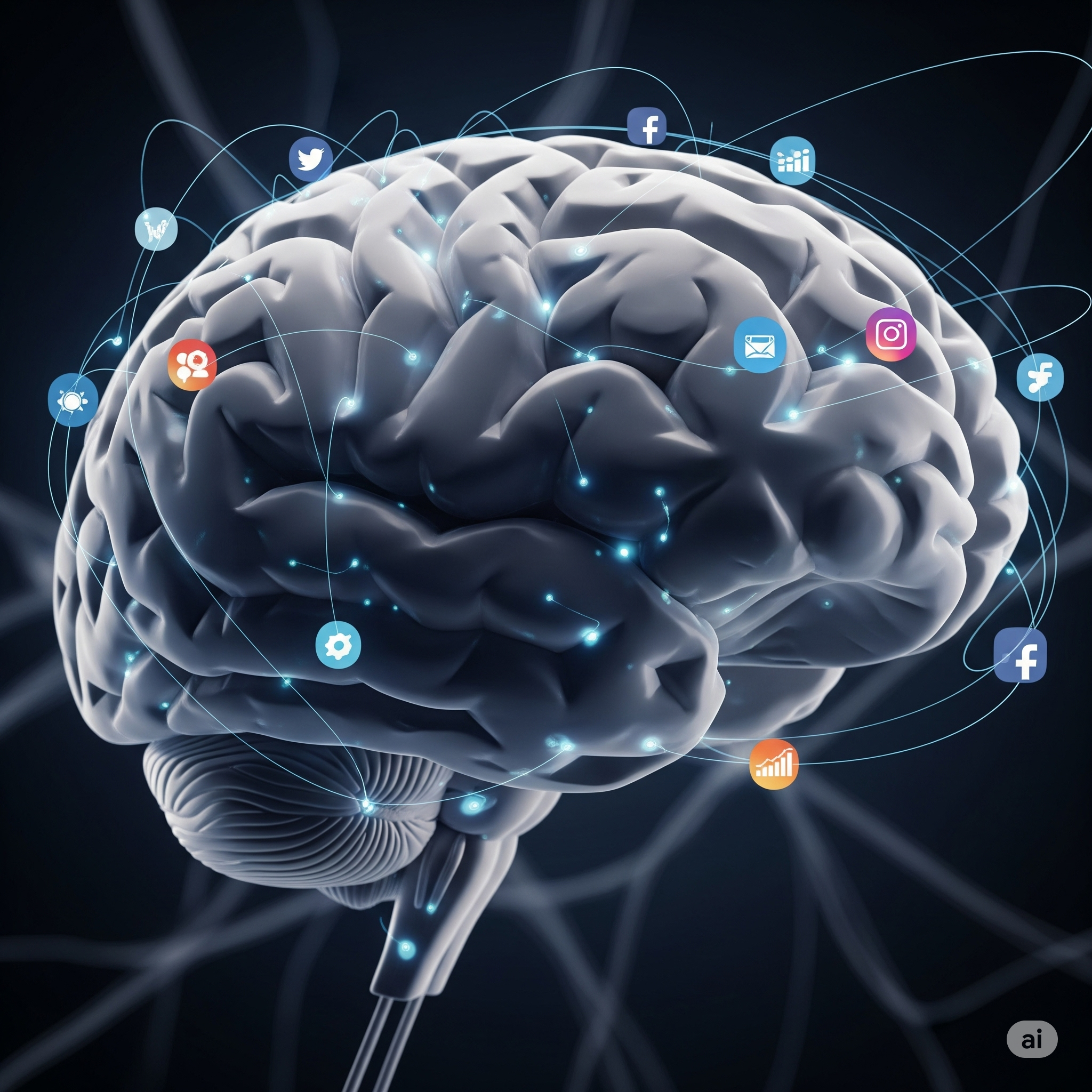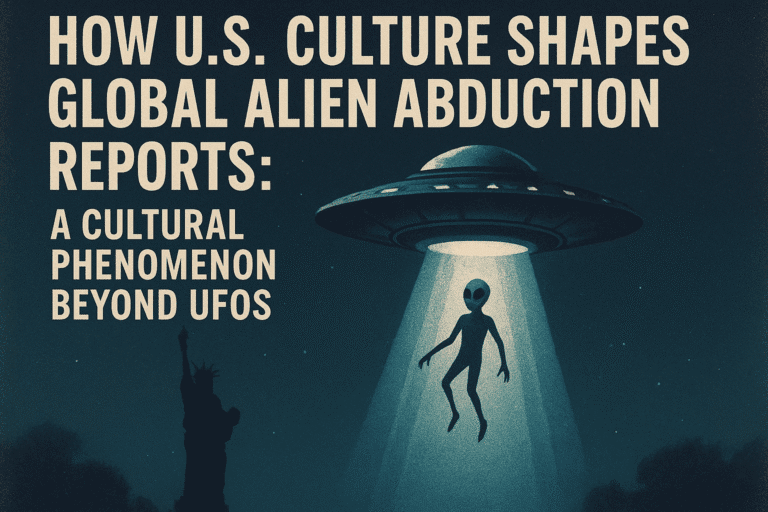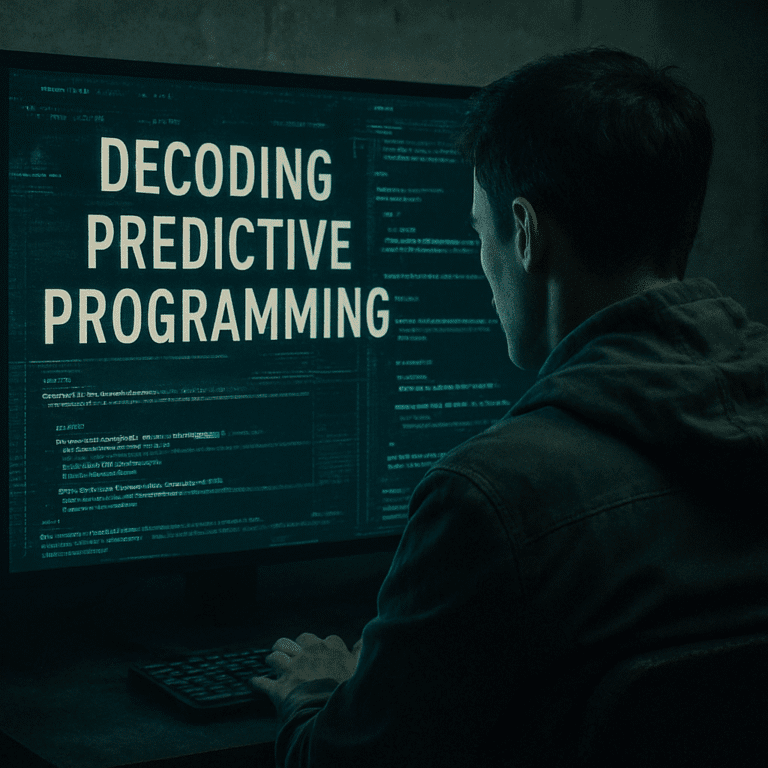This website is in the works! Things will get fixed with time.
In the vast and ever-expanding digital landscape, algorithms have become the invisible architects of our online experience. While often designed to personalize and enhance our interactions, a growing concern centers on their potential for manipulation and, some argue, a subtle form of mind control. This apprehension is further amplified by theories like the “Dead Internet Theory,” which posits a future where genuine human interaction online is overshadowed by automated content and artificial intelligence.
The Unseen Hand: How Algorithms Shape Our Minds ????
At its core, algorithmic manipulation refers to the subtle, yet powerful, ways in which the algorithms governing our digital platforms influence our perceptions, beliefs, and behaviors. These sophisticated systems, driven by vast amounts of data collected from our online activities, are designed to optimize for engagement – keeping us scrolling, clicking, and interacting for as long as possible.
This optimization, however, can have unintended and often unsettling consequences. Algorithms create personalized “filter bubbles” and “echo chambers,” where individuals are primarily exposed to information and viewpoints that align with their existing beliefs. This can reinforce biases, limit exposure to diverse perspectives, and make it harder for individuals to engage in critical thinking or encounter dissenting opinions.
Beyond mere exposure, algorithms can also subtly guide our attention and emotional states. They learn what triggers our emotional responses – be it anger, joy, curiosity, or fear – and then prioritize content that elicits these reactions. This constant emotional stimulation can lead to increased polarization, anxiety, and a distorted view of reality. The goal, from a platform’s perspective, is to maximize time spent and data collected, but the effect on the individual can feel like an invisible hand gently, yet persistently, steering their thoughts and feelings.
The “Dead Internet Theory”: A Future of Digital Ghosts ????
Compounding concerns about algorithmic manipulation is the unsettling concept of the “Dead Internet Theory.” This theory, which has gained traction in certain online communities, suggests that a significant and growing portion of internet content and activity is no longer generated by real humans, but by artificial intelligence, bots, and automated systems.
Proponents of the “Dead Internet Theory” argue that much of what we perceive as genuine online interaction – comments, forum posts, social media trends, and even news articles – is increasingly manufactured or amplified by algorithms and AI. They point to the proliferation of generic comments, repetitive content, and the feeling that online discussions often lack genuine human nuance or spontaneity.
If this theory holds true, it paints a chilling picture of a future internet populated by digital ghosts, where authentic human connection becomes increasingly difficult to discern amidst a sea of automated content. This “dead internet” would not only make us more susceptible to algorithmic manipulation (as it would be harder to distinguish real information from engineered narratives) but could also lead to profound feelings of isolation and a breakdown of genuine online community. The very platforms designed to connect us could, ironically, become vast, automated echo chambers where we primarily interact with artificial constructs.
Navigating the Digital Labyrinth: Protecting Your Autonomy ????️
While the prospect of algorithmic manipulation and a “dead internet” can be daunting, there are crucial steps individuals can take to protect their cognitive autonomy and foster genuine online experiences.
A primary defense is to cultivate critical media literacy. Question the source of information, seek out diverse perspectives beyond your personalized feeds, and be skeptical of content that seems designed to provoke strong emotional reactions. Actively diversify your information sources beyond social media, including reputable news organizations, academic resources, and expert opinions.
Consider limiting your screen time and engaging in more offline activities to reduce your exposure to algorithmic influence. Actively manage your social media settings, particularly those related to ad personalization and content recommendations. While these may not eliminate all algorithmic influence, they can provide some degree of control.
Furthermore, consciously engage in meaningful human interaction online. Seek out communities where genuine discussion and diverse viewpoints are encouraged. Be aware of the signs of bot activity or automated content and choose to interact with real people. Using tools like ad blockers and privacy-focused browsers can also help reduce the amount of data collected about your online behavior, thereby limiting the fuel for manipulative algorithms.
Ultimately, navigating the digital landscape requires a proactive and informed approach. By understanding the mechanisms of algorithmic manipulation and the implications of theories like the “Dead Internet Theory,” we can strive to reclaim our digital space, foster genuine connections, and protect our minds from unseen influences.
Here are some YouTube videos that might be of interest:
Algorithmic Manipulation Explained:
- “Techniques of Algorithmic Manipulation EXPLAINED” by In Media Stat Virus: http://www.youtube.com/watch?v=HGhdkNyGY_4“>http://www.youtube.com/watch?v=HGhdkNyGY_4
Dead Internet Theory Documentaries/Discussions:
- “The Dead Internet Theory (Complete Edition)” by All Time: http://www.youtube.com/watch?v=V9PkWdrYOz0“>http://www.youtube.com/watch?v=V9PkWdrYOz0
- “Dead Internet Theory: A.I. Killed the Internet” by Kyle Hill: http://www.youtube.com/watch?v=PaVjQFMg7L0“>http://www.youtube.com/watch?v=PaVjQFMg7L0
- “Dead Internet Theory, The Internet Is Empty | Esoteric Internet” by Pseudiom: http://www.youtube.com/watch?v=BEIZHlfjAT8“>http://www.youtube.com/watch?v=BEIZHlfjAT8








